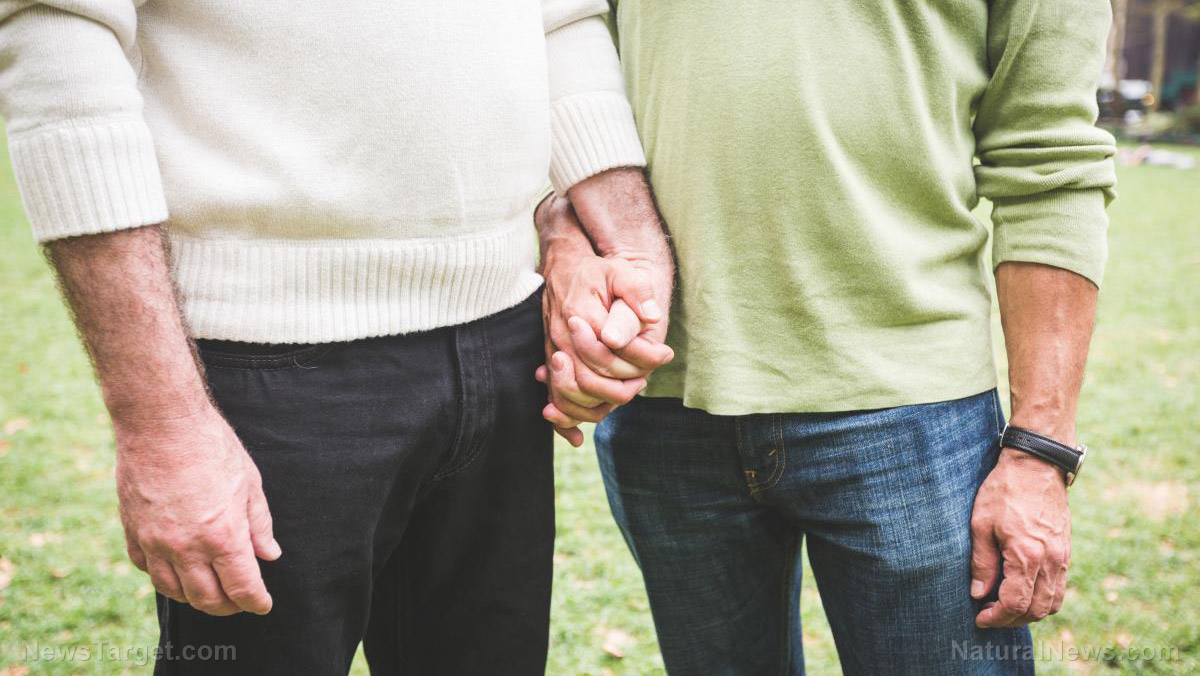Unlocking longevity: What do people who live to 100 have in common?
01/31/2020 / By Arsenio Toledo

Humans around the world are living longer, and life expectancy at birth has been steadily increasing. Some estimates even put average life expectancy as increasing by a quarter of a year per year – an increase that has contributed to the rise of the very old. Now that there are more people who live up to 100, 110 or even more, it’s only fair to ask: what traits do they all have in common?
The first supercentenarian, or someone who lived to be at least 110 years old, died in 1899 at the age of 110 years and four months old. Since then, lifespans have only been getting longer. The current record holder for oldest person to ever live is the French woman Jeanne Calment, who was born on February 21, 1875 and died on August 4, 1997 at the age of 122 years and 164 days old. Somebody is expected to break her record soon. A study published conducted by researchers from the University of Southern Denmark (SDU) believe that there is a 25 percent chance that someone will break Jeanne Calment’s record by 2050.
A similar study also done by SDU researchers on nearly 17,000 Danish and Swedish centenarians, found that the oldest-old from Denmark were dying at higher and higher ages. However, the researchers also pointed out that this upward trend was not observed in Swedish centenarians. The main authors of the study, Anthony Medford and Kaare Christensen, who published their findings in the journal Demography, looked into what the two countries were doing differently for their elderly.
Comparing Sweden and Denmark
First, Medford and Christensen found stark differences in the health of the oldest-old in Sweden and Denmark. A study they cited, published in The Journals of Gerontology, found that improvements in the health of centenarians could be measured with what they called Activities of Daily Living (ADL). These activities include basic tasks necessary for living independently, such as being able to bathe and get dressed unaided.

Female centenarians born in later years in Denmark had an improved ADL, and this is reflected in the trend that more centenarians were turning into supercentenarians. Conversely, this improvement in ADL was not seen in the oldest-old of Sweden. A study even found deterioration in mobility, cognition and performance tests.
This finding is significant from a public health perspective, as it suggests that centenarians need a sense of normalcy around their day to day activities. (Related: Longevity science: Study reveals benefits of nutraceuticals and the Mediterranean diet when it comes to improving lifespan.)
Furthermore, Medford and Christensen found that there were huge differences between the health systems of Sweden, which was underfunded, and Denmark, which was adequately funded. The elderly of Sweden were not given as much support in terms of providing care. Healthcare spending cuts in Sweden, in particular, disproportionately affected those at the bottom of the socioeconomic ladder, including the elderly of that group.
Lastly, Medford and Christensen believe that, at the very least, the number of centenarians isn’t going to decrease, even for Sweden. They largely attribute this to advances in technology and quality of life, which can greatly benefit human longevity overall. The researchers even mention that centenarians may be able to benefit the most from the advancement in living conditions due to their inherent resilience and durable physiology.
While not definitive, Medford and Christensen do believe that these trends need to be considered when making suggestions for the health of society’s oldest.
One thing that Medford and Christensen failed to mention, however, is the role of natural health options in creating centenarians. Regularly partaking in exercise, having plenty of mental stimulation through learning and social interaction and consuming a healthy, natural diet that’s supplemented with nutraceuticals have all been shown improve multiple longevity risk factors.
Sources include:
Submit a correction >>
Tagged Under:
aging, anti-aging, centenarian, centenarian health, elderly health, longevity, supercentenarian
This article may contain statements that reflect the opinion of the author




















